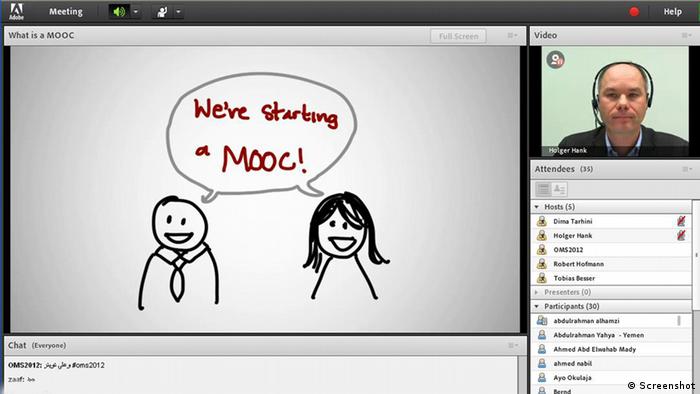The Unnecessary Agony of Student Evaluations
![]() By Spurgeon Thompson. Student evaluations can be either the most painful or falsely ego-boosting things we faculty members read. Sadly, they’re becoming more and more important as American universities veer toward private-enterprise models of educational management. Based on the concept of the customer survey, they have been taken public by a range of Web sites, most famously Rate My Professors. Now that I’ve returned from a decade teaching in Europe, where the culture around student evaluations is entirely different, it has been eye-opening, if not alarming, to witness American higher education’s shifts toward consumerist assumptions. The impulse behind this shift is understandable. We’ve all done it—written a negative review of a product we were unhappy with on Amazon, or complained about a bad experience with an airline that lost our bag or a hotel whose bedsheets weren’t changed. Read more...
By Spurgeon Thompson. Student evaluations can be either the most painful or falsely ego-boosting things we faculty members read. Sadly, they’re becoming more and more important as American universities veer toward private-enterprise models of educational management. Based on the concept of the customer survey, they have been taken public by a range of Web sites, most famously Rate My Professors. Now that I’ve returned from a decade teaching in Europe, where the culture around student evaluations is entirely different, it has been eye-opening, if not alarming, to witness American higher education’s shifts toward consumerist assumptions. The impulse behind this shift is understandable. We’ve all done it—written a negative review of a product we were unhappy with on Amazon, or complained about a bad experience with an airline that lost our bag or a hotel whose bedsheets weren’t changed. Read more...





/https%3A%2F%2Fprofilepics.canalblog.com%2Fprofilepics%2F1%2F0%2F1076071.jpg)